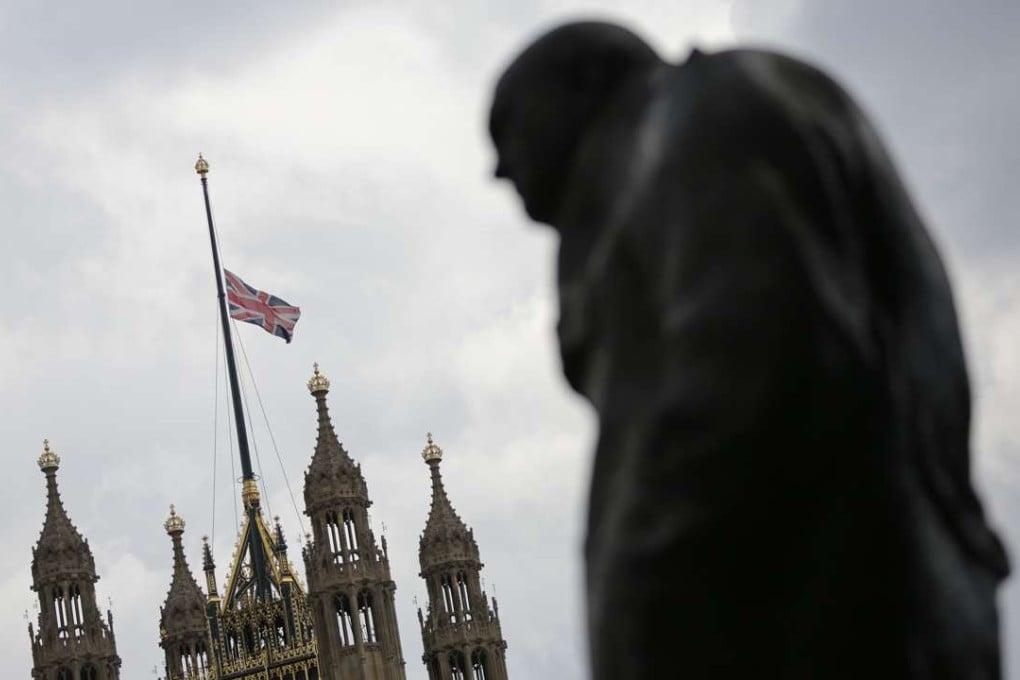‘Little England’ made a wise choice to leave the pompous, crumbling EU
N. Balakrishnan says the English electorate, who have a long history of independent thinking, are right to reject the suffocating embrace of the European Union

After the Brexit vote, “Little England” is being used as a term of derision. But, to me, it is not size that matters but whether a country is able to provide security and jobs for its citizens. I am sure that, given a choice, people would rather live in Switzerland or England than “large” countries such as Russia or Nigeria. On that score, I think the chances are good that England will, after some hiccups, succeed and prosper after being freed from the suffocating embrace of self-appointed and self-serving bureaucrats in Brussels.
I am sure that, a decade from now, the world will be congratulating Britain, or at least England
England may even show the rest of the world the way, as a symbol of a post-industrial, service-based, “small” economy. Leviathan countries or economies that don’t work well have nothing to brag about.
Outsiders may think the “British” and the “English” are the same but there are big differences. The English novelist John Fowles said it well when he compared the two in his essay, On being English but not British, writing that the true Englishman’s “subversive ideal has always been ... to live in the justest country. Not the strongest”. To Fowles, the English have a long history of independent thinking and, while being proud of their land and nature, remain humble and hard-working. Britain, on the other hand, and even more so “Great Britain”, is a pompous man-made 19th-century construct, rooted in imperialism.

Ouch! How Brexit may hit British millionaires and billionaires
The triumph of Brexit is the triumph of independent-minded English over pompous “Britain”.
When I was a student in London, in the 1970s, there was an elderly English lady on campus who used to make delicious tea by pouring hot water from a big boiling vat over tea leaves and used to call me “luv”. She is not there any more, and the Costa Coffee chain has taken over. It makes stale, bad cups of tea and sells them at 10 times the price. This is not “progress”. I hope one day my tea lady’s stall will be recreated in that spot and people won’t have to worry about EU health regulations.
People talk about Britain’s financiers but don’t forget England’s engineers and builders
People talk about Britain’s financiers but don’t forget England’s engineers and builders. Frank Whittle single-handedly invented the jet engine in his garage long before we had even heard of Silicon Valley. Most of the smartphones in use rely on designs by English transgender computer scientist Sophie Wilson.